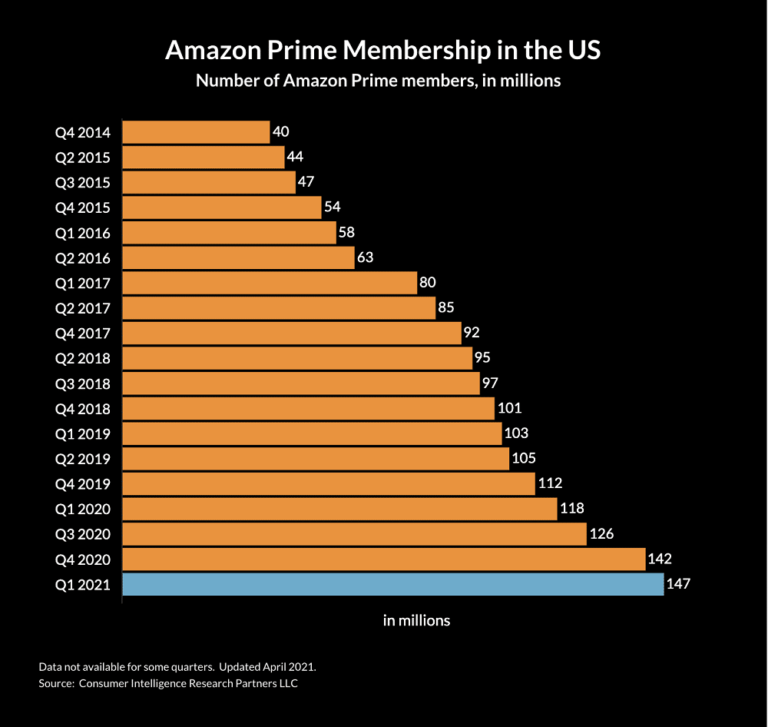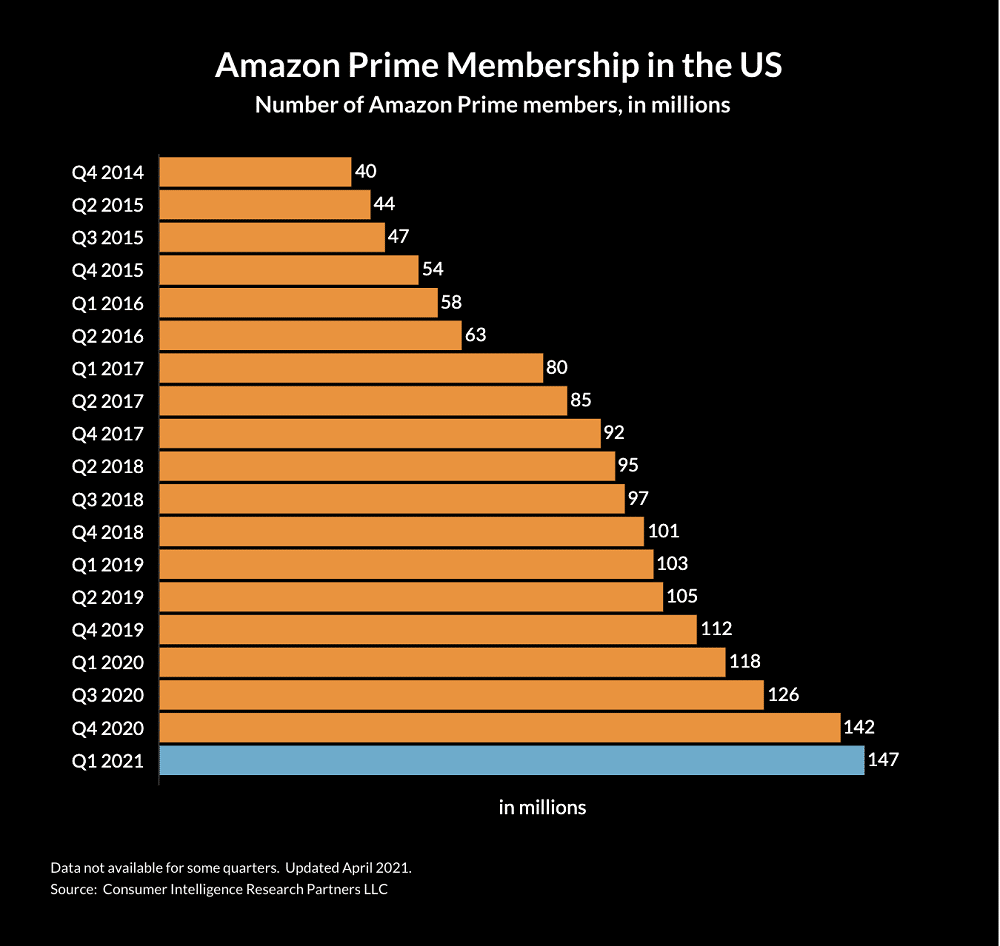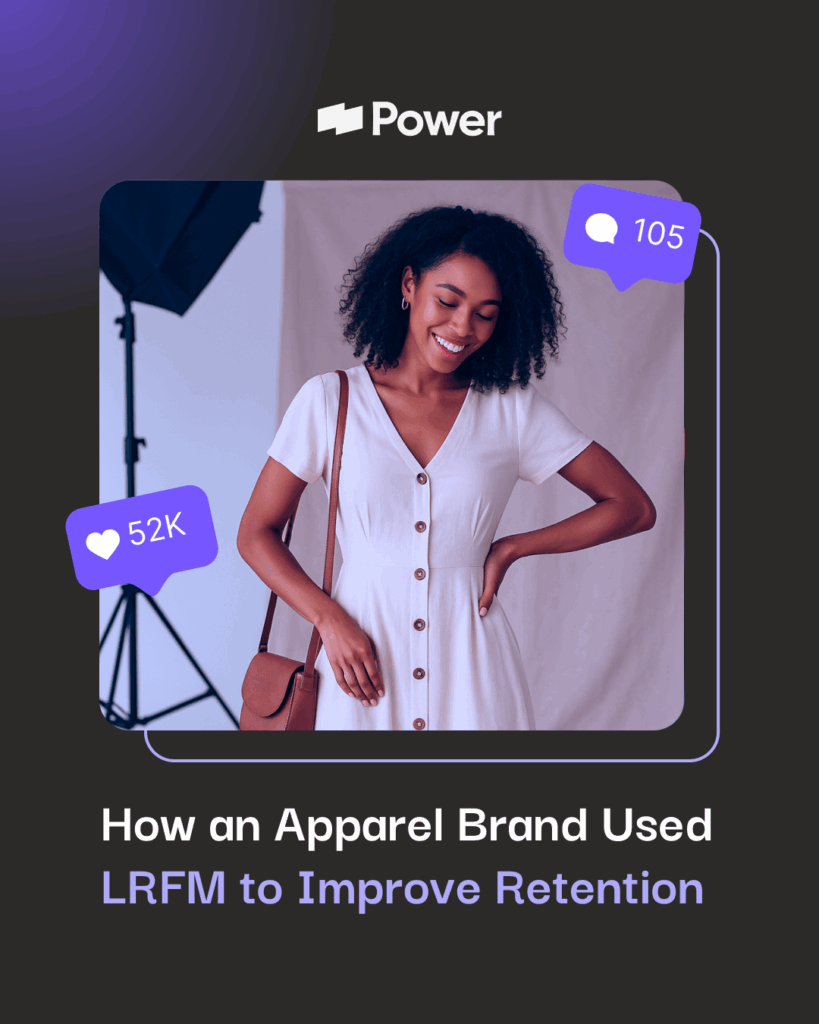What to Know About Your Back-to-School Marketing Strategy

This back-to-school season looks a little different for most of us this school year. That could mean more virtual learning or heading back to the classroom. The data shows that 46% of families indicate their plans to attend school in person. One thing is for certain: we are all trying to adjust to our individual circumstances. What do these changes mean for businesses now that consumers are thinking about gearing up to get back to school? If you’re asking yourself, ”What are the best back-to-school marketing strategies?” or ”Should my brand even participate in a back-to-school marketing campaign?” – we’ll shed light on these answers and more.
Which advertisers/brands should participate
Almost all ecommerce brands should consider participating in back-to-school specials, though there are key segments that will see substantial sales during this period.
For instance, 50% of all students say they will shop for apparel, 42% said they will shop for footwear, and 41% said they will purchase a backpack/computer bag. If you are in the apparel industry, it would behoove you to run advertisements starting as early as July to capitalize on these consumer trends.
Further, 37% of all students said they would buy stationery and school supplies, while 35% planned on purchasing a computer or tablet, and 24% planned on buying housewares and small appliances. Though these goods were typically purchased at brick-and-mortar locations in the past, purveyors of these goods should keep a robust ecommerce presence, as school spending habits have been shifting towards online the last few years.
Back-to-school marketing by the channel and numbers
As we begin to prepare for the back-to-school season, there’s a lot up for grabs —we’re talking an estimated $828 billion (with a B) in sales that retailers are expected to see, according to a recent article from eMarketer. In particular, ecommerce sales are expected to grow by 15.3%, well ahead of the overall 2.6% growth that retail sales as a whole are expecting during back-to-school shopping season.
It’s also important to understand the role that a promotion and coupon play in the purchasing process, as the data says that parents are even more budget-conscious during back to school. Eighty-nine percent of parents have said that coupon availability on mobile drives where they shop, while nearly one-third find themselves searching for coupons while in-store. And if you’re using coupons, maybe target the dads in the family, as they tend to spend 37% more when they’re in charge of back-to-school shopping.
Beyond that, families are becoming increasingly omnichannel when it comes to the entire shopping experience.
- More than one-quarter of shoppers build out shopping lists on Pinterest beforehand, and half of them browse online before eventually purchasing in-store (while nearly two-thirds actually browse in-store and then purchase online).
- If you’re looking for the best place to prioritize your ad spend, make sure Facebook is in the mix too, as one-quarter of parents look to Facebook for fashion inspiration for their children.
Given that 3.5 times more money is spent by customers coming through omnichannel experiences, you can’t just focus on one channel and call it a day. The entire customer experience has to be taken into consideration in order to maximize your chances of capturing a piece of that back-to-school pie.
Why expect increased costs and competition during this time
In 2020, many schools transitioned to online learning, causing the “Back to School” TV advertising spend to decrease 70% compared to the previous year. This year, there will be more schools offering in-person options part-time or full-time compared to 2020, with 46% of families indicating their plans to attend school in person and 20% planning to participate in a hybrid option of in-person and online learning.
Back-to-school campaigns are dominated by large retailers, such as Target, Walmart, and Amazon. Overall retail ad spend for back to school in 2020 was down 31% year-over-year (YoY) however, it is important to note that digital ad spend was up 4% YoY as investment was shifted from more traditional sources such as TV and print advertising towards digital advertising.
With the top retail brands increasing investment in digital advertising, it is expected for advertising costs to increase as we have seen in previous years. However, this also presents opportunities for brands to advertise on these ecommerce marketplaces, as more consumers will be shopping and making back-to-school purchases during this time.
How to make your back-to-school marketing more relevant to the hottest trends
The top three trends we’re seeing in post-pandemic back-to-school initiatives are:
- Price – As individuals and families are still rebounding from the financial stressors of the pandemic, consumers will be very focused on affordability. This includes discounts, bundles, and holiday sales.
- Convenience – Shopping across back-to-school retail categories can be time-consuming. Focusing on product bundles, class kits, and BOGO allows consumers to get most things on their list in an efficient manner. Also, strategic in-store product positioning, such as end caps, will increase visibility and purchase.
- Accessibility – 2020 brought new ways of shopping, and back-to-school should rely heavily on shopping flexibility. Curbside pickup and online shopping (with free delivery) are major perks to busy consumers.
Recommended back-to-school marketing strategies
Gear up to roll out your back-to-school strategy earlier than ever. Historically, Prime Day has been the unofficial kickoff to the back-to-school shopping season in mid-July, but the date change this year has kicked off the shopping frenzy early. Shoppers are already stocking up on back-to-school product essentials, so it’s time to double down on any marketing effort. Here are a few ideas to get your wheels turning:
Get savvy with your Amazon strategy
Amazon Prime’s membership rates soared through the pandemic and are showing no sign of slowing, with memberships up 25% YoY. With price and convenience being at the top of the trends list, investing in Amazon is a no-brainer.

Maximize revenue using first-party data
Now is the time to harness the power of all the first-party data you’ve been collecting. Tailor email content to specific actions customers have taken on your site, whether that’s content consumed or purchases made, and build custom sequences to break through the noise.
- Do you have a segment of past purchasers who only purchases classroom supplies? Then target your messaging and content towards teachers
- Is there a segment of school shoppers who have only purchased girls’ clothing?
- If you want to take things to the next level, partner with a digital marketing agency that allows you to leverage first-party data to create custom look-alike audiences based on past purchasers (wink, wink).
Invest Where the planning happens
With a sizable pool of shoppers planning their back-to-school shopping on Pinterest and getting kids fashion ideas on Facebook, you’d be remiss to not have a solid strategy on these social media platforms. If your site is built on one of the five ecommerce platforms that link with Pinterest (Shopify, BigCommerce, Magento, IBM Commerce, and SalesForce Commerce Cloud), invest in buyable Pins so shoppers can purchase while they’re planning — convenience is a key factor for this target audience.
Social amplification
Are you running a successful TikTok marketing campaign? Amplify efforts with a little-to-no effort by duplicating winning creative in Instagram Reels Ads. It’s a quick and easy way to squeeze more out of lucrative campaigns.
The back-to-school season is essentially an unofficial holiday when it comes to marketing. Having a defined and well-executed back-to-school marketing idea can help bring in potential customers and drive sales, even in unique times such as these. Whether that is introducing your brand on a new social media platform such as TikTok or tailoring your messaging to your core user base, the strategies are abundant and executing on them takes time — so get started today!
Sources:
- https://www.vendhq.com/blog/back-school-marketing/
- https://www.convinceandconvert.com/digital-marketing/back-to-school-marketing/
- https://localiq.com/blog/back-to-school-marketing-ideas/
- https://www.emarketer.com/Article/Back-to-School-Retail-Sales-Grow-26-This-Year/1014054
- https://www.convinceandconvert.com/digital-marketing/back-to-school-marketing/
- https://www.digitalcommerce360.com/article/amazon-prime-membership/
- https://revive.social/pinterest-buyable-pins/
Our Editorial Standards
Reviewed for Accuracy
Every piece is fact-checked for precision.
Up-to-Date Research
We reflect the latest trends and insights.
Credible References
Backed by trusted industry sources.
Actionable & Insight-Driven
Strategic takeaways for real results.





